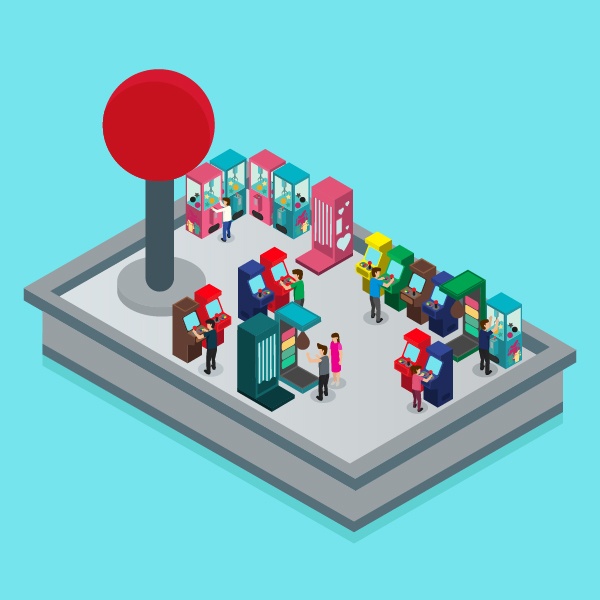
Reading books and playing computer games are two of my favourite sitting-down pastimes. So a book about computer games sounded like an obvious choice – especially since it focuses on particular computer games, designed by a particular person. As it turns out, “Sid Meier’s Memoir!” is a great read for anyone – not just for game fanatics. What’s so good about it?



